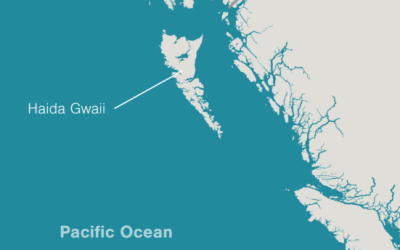Scott Reid, a federal MP from Ontario, and Randy Hiller, an MPP from Ontario, are proposing a constitutional amendment to entrench property rights into the Charter of Rights and Freedoms.
http://www.youtube.com/watch?v=RSLMqJdsNVs&feature=player_embedded
The politicians will be introducing private members’ bills in their respective legislatures.
The question of property rights in the Constitution is not a new one. The original repatriated Constitution included versions that included them. For example, S. 7 of the Charter, the clause that outlines basic legal rights for Canadians, was originally proposed to read:
“Everyone has the right to life, liberty, security of the person and enjoyment of property and the right not to be deprived thereof except in accordance with the principles of fundamental justice.”
The “enjoyment of property” part is not in our current Constitution.
Property rights are critical in a free and democratic society as property rights are the bedrock of individual freedom and also the basis of our socio-economic prosperity.
The strongest argument for including property rights in our Constitution is that property rights, to a certain degree, would now be shielded from political interference.
There is a temptation by governments at all levels to forcefully take property away from individual landowners for various reasons. In our day and age, we have gone past the time where expropriation only happens for pressing public purposes.
Property rights are a fundamental part of our legal heritage. The Magna Carta touched on the need to prevent arbitrary action from government in confiscating property. At a global level, the UN Declaration of Human Rights includes property rights. So, we would only be adding what exists at other levels.
These private members bills serve as a notice on our society that we need to study the possibility of entrenching property rights in our Constitution.
However, Canada should be wary of unintended consequences. This means judges will have to interpret these rights, which may or may not be always good, especially considering all the loopholes in Canada’s Constitution (s. 1, S. 33).
We ought to study other jurisdictions that have entrenched property rights, like the United States and Finland, and discover their pitfalls. For example, in the U.S., courts have broadened the definition of property to include government benefits, such as welfare payments, old age benefits, and unemployment compensation.
Protecting property is absolutely essential and we need stronger mechanisms, but we need to make sure we protect it the best way we can and avoid unforeseen problems.


